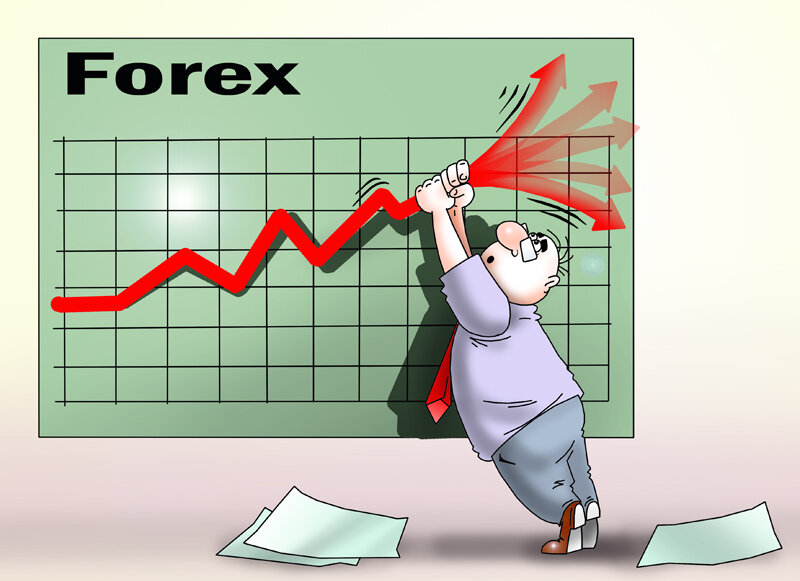Trading in a crisis: who will have the advantage?
Crisis in financial markets is not uncommon, and every trader or investor has faced its consequences at least once. Economic instability can significantly affect the usual strategies, changing the volatility, liquidity and growth prospects of assets. However, a crisis is not only a challenge, but also an opportunity for those who are able to properly adapt to changing conditions. In this article, we will consider what are the features of trading in a crisis and who can gain an advantage in such markets.
How does a crisis change the market?
Every crisis, be it financial, economic or political, causes turmoil in the financial markets. During a crisis, volatility increases, which can lead to both significant losses and opportunities for profitable trades. When uncertainty reigns in the market, price movements become sharper and more unpredictable.
Traders who are used to working with less volatility may face difficulties. At such times, it is important to be ready for quick and accurate decisions, as well as adhere to strict discipline. At the same time, a crisis opens up new opportunities for those who can take on more risk or understand how to profit from instability.
Who benefits in times of crisis?
In times of crisis in financial markets, the traders and investors who benefit most are those who can:
- Adapt to changing conditions with discipline. Traders who can quickly adjust their strategies based on new circumstances will benefit. They are able to see trends that others may miss and make decisions before most do.
- Have a long-term strategy. Often, in times of crisis, the market does not return to stability immediately. Traders who act with a long-term perspective, understanding that economic cycles repeat themselves, can benefit by buying undervalued assets.
- Work with highly liquid assets. In times of crisis, liquidity in the markets becomes an important factor. Those traders who have access to liquid markets can make decisions and exit positions faster. Assets that are easy to buy and sell provide flexibility and minimize risks.
- Use diversification. In times of crisis, you should not rely on just one asset or market. Diversification is the key to reducing risks. Traders who have a portfolio consisting of various instruments (stocks, bonds, currencies, gold, etc.) can compensate for losses in one sector by growing in another.
What strategies can be used in a crisis?
Working in financial markets during a crisis requires a special approach. Some strategies may be more effective than others. Let’s consider several such approaches:
- Capital protection strategy. In a crisis, it is important to minimize losses. To do this, traders can use stop losses to automatically exit unprofitable positions. Some prefer to work with more conservative assets, such as gold or treasury bonds, which are traditionally considered safe assets.
- Counter-trend trading. Crisis moments are characterized by sharp fluctuations, and sometimes counter-trend strategies can be very profitable. Buying assets during panic or selling during euphoria when prices are clearly overvalued allows you to earn on corrections.
- Trading on the news. Economic and political events have a huge impact on markets during times of crisis. Traders who can quickly react to important news and understand how it will affect the markets can profit by opening positions on volatility. It is important to understand which news will have long-term consequences and which will have short-term consequences.
- Using hedging. In a crisis, hedging is a way to protect against losses. Traders can use various instruments such as options, futures or other derivatives to reduce the risk of their positions. This is especially useful for those who work with riskier assets.
Conclusion
Trading in a crisis is not just a challenge, but also an opportunity for those who are ready to act wisely and with discipline. Opportunities in the markets become more pronounced at such moments, but for successful trading it is important not only to react correctly to changes, but also to have a clear strategy. The advantage will be with those traders who are able to adapt, manage risks and competently diversify their assets. It is important to understand that a crisis is not only a time for losses, but also a period when unique opportunities for profitable trading may appear.



